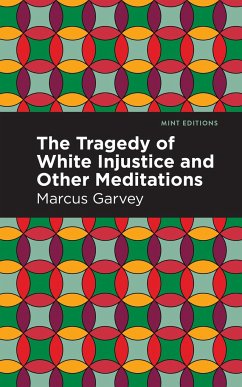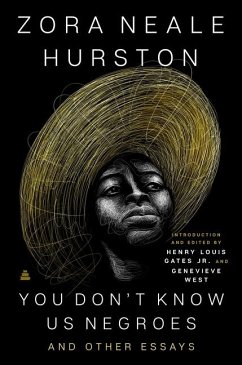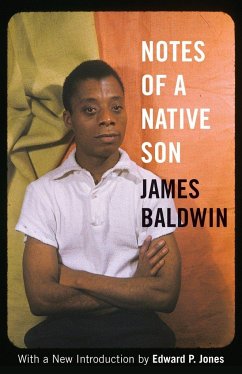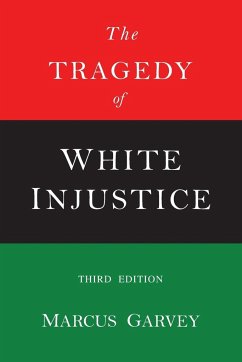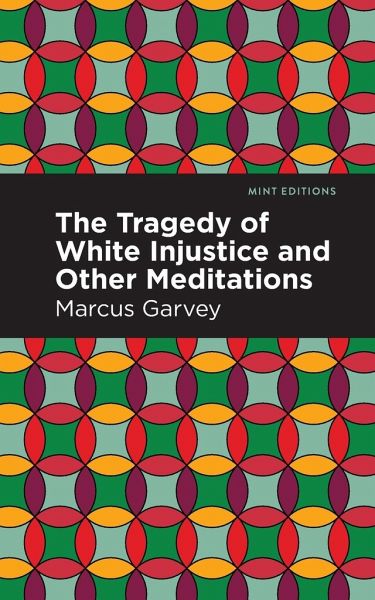
The Tragedy of White Injustice and Other Meditations

PAYBACK Punkte
4 °P sammeln!
Originally written during his two year imprisonment in Atlanta, The Tragedy of White Injustice and Other Meditations is a collection of short thoughts or, impromptu poetry, from one of the Fathers of Black Nationalism, Marcus Garvey. In 1925, Garvey was tried and sentenced for the crime of mail fraud in relation to his business with the Black Star Line. Left to the mercy of the United States Federal Penitentiary of Atlanta, Garvey had not much to do except write-to his wife, to the U.N.I.A, and to anyone who could help spread his message of total and complete independence for Black people acro...
Originally written during his two year imprisonment in Atlanta, The Tragedy of White Injustice and Other Meditations is a collection of short thoughts or, impromptu poetry, from one of the Fathers of Black Nationalism, Marcus Garvey. In 1925, Garvey was tried and sentenced for the crime of mail fraud in relation to his business with the Black Star Line. Left to the mercy of the United States Federal Penitentiary of Atlanta, Garvey had not much to do except write-to his wife, to the U.N.I.A, and to anyone who could help spread his message of total and complete independence for Black people across the world. With the support of his wife, Amy Jacques Garvey, he was able to publish, The Philosophy and Opinions of Marcus Garvey in 1925, and The Meditations of Marcus Garvey in 1927. Beginning with the lines, "Lying and stealing is the white man's game / For rights of God nor man he has no shame / (A practice of his throughout the whole world) / At all, great thunderbolts he has hurled," Garvey penned "The Tragedy of White Injustice," a cry for the people of the world to wake up to the atrocities of colonialism and racism. Described by Garvey as neither verse nor orthodox prose, "The Tragedy of White Injustice" as well as his other meditations, showcased his never-ending pursuit of worldwide Black independence and his everlasting Black pride even in the face of the harshest of circumstances. Including such pieces as, "Keep Cool," "The Black Woman," and "Hail! United States of Africa!," Since our inception in 2020, Mint Editions has kept sustainability and innovation at the forefront of our mission. Each and every Mint Edition title gets a fresh, professionally typeset manuscript and a dazzling new cover, all while maintaining the integrity of the original book. With thousands of titles in our collection, we aim to spotlight diverse public domain works to help them find modern audiences. Mint Editions celebrates a breadth of literary works, curated from both canonical and overlooked classics from writers around the globe.





